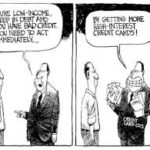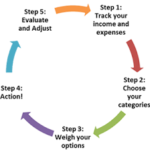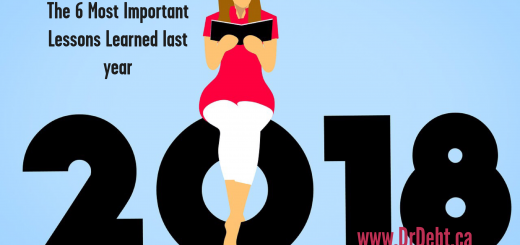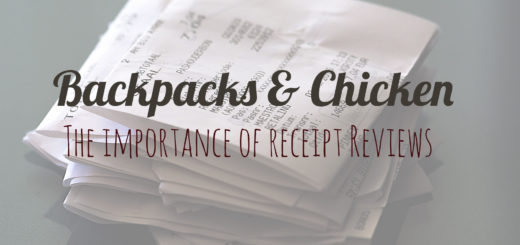Living within your means = meaningful living
In today’s age of consumerism it is arguably easy to live beyond your means. Every time you turn around you face some type of advertising message telling you that you can have more, spend more, be more. “Live today, pay tomorrow!” That’s the message we hear.
What those messages don’t tell you is how much stress comes along with that lifestyle. Sure it feels good for a while, but eventually the ‘pay-later’ part comes to fruition, and not only are you unable to live beyond your means as you may have been accustomed to, but now you have to adjust your living to “below your means” to pay for the lifestyle you enjoyed for those years. The short-lived (or long-lived) glory is gone and reality sets in. It’s not a nice place to be. And anyone who has been there will tell you that it creates a lot of stress and fear. Lessons are not without their cost.
Avoiding that entire scenario is, of course, the best bet. And doing so can be easy if you get on track right out of the gate. But what happens if things got derailed early on? What if you are faced with a financial mess that needs major help, now?
The very first step is awareness. No matter what stage you are in, you need to assess the severity of the situation. I offer two examples.

Example # 1, catching it early…
My friend came to me recently for advice. She is not in trouble but she knows that she spends way too much, and as a result savings is taking a back seat. Our 50th birthdays loom on the horizon and retirement is on the radar, so, she wanted to reign things in. She said she wanted to set up a “budget” but in her case, it was much more important for her to see where her money was going. We started by setting her up on a simple spending tracking program. Personally I like Mint as I am a self-pronounced ‘lazy budgeter” and I like with the technology does the work for me. You can link Mint to your accounts, and everything you spend gets downloaded and assigned to a category. Viola! Instant feedback on where your money is going. (Disclaimer: I do not promote Mint, please do your research and decide if it is the tool for you)

Example number 2, I need help yesterday…
A recent client came to me because “payday” caught up with her and her family. The debt was massive and the choice was coming down to either paying the bills or feeding the family. Not a nice choice to have to make. She recognized that they got caught up in the trap, made some bad choices, and simply stopped paying attention. And they were willing to make some hard decisions. In their case, I set them up with a 3-step spending plan. The first priority was to pay monthly bills, including minimum payments on credit, we set those up to come out automatically from their main account. It was essentially that they pay the minimum payments only as we assessed their ability to pay more and pay off the debt more quickly. They left a percentage of each pay in this account to cover what was coming out automatically or what they paid online (utilities etc.) The second step was to transfer a small amount to cover things that come up sporadically. I call this the “occasional fund” account and it coves things like car repairs, back to school costs, etc. You know, the expenses that DO come up, it is just a matter of when. If there is no ability to plan for these, every time one comes up, it sets you back financially. The third step was to transfer the remaining amount from each of their pays to another account for “spending”. This was the cash they had for the pay period for gas, groceries and miscellaneous expenses. I did add a fourth step and that was to cut themselves a little slack as they got used to living this way. I told them if they needed to go into their occasional expense account for necessities, that was ok, but we would monitor it to see what could be changed to stop this from happening on a regular basis.
The summary is that there are always solutions. The above examples are the early interventions, sometimes more drastic measures need to be taken, like pulling equity out of your home, offering a settlement of debt if there is absolutely no way to pay the full amount, or availing yourself to the bankruptcy process so you can get a fresh start. It pays to seek professional advice. You never have to face it along.
Wishing you Happy, Healthy Finances,
Mary Ann Marriott
aka Dr Debt





